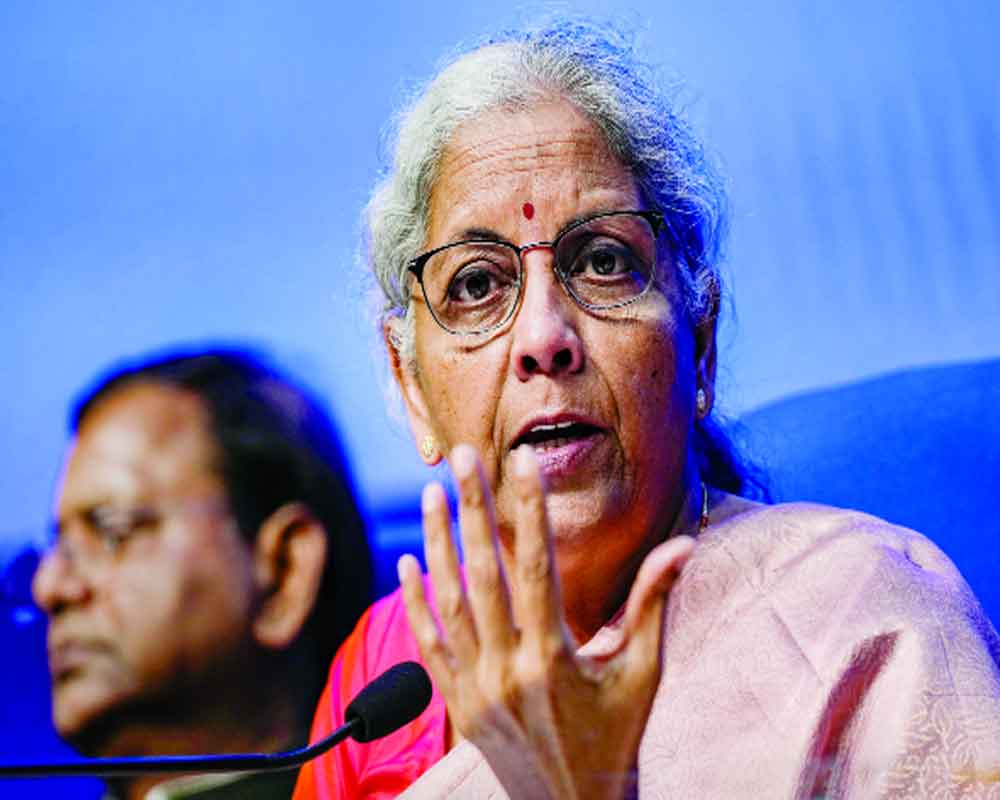Centre may release a White Paper before Lok Sabha polls on UPA Govt's ‘economic mismanagement'
As the Lok Sabha elections draw near, the Government is considering a White Paper highlighting apparent economic mismanagement by the UPA Government before 2014. This document aims to shed light on the economic policies and decisions that may have shaped India's financial trajectory before this pivotal year. The period before 2015 witnessed a variety of economic challenges and opportunities for India. The global crisis of 2008 had a profound impact on economy, and India was not exempt from its repercussions. However, the years leading up to 2015 also saw robust economic growth, technological advancements and increased foreign direct investment. The Government's planned move indicates a desire to scrutinise economic decisions made during this period, potentially aiming to highlight any perceived mismanagement that may have influenced the nation's financial standing. After assuming office, the Modi Government implemented several economic reforms and initiatives. One of the landmark policies was the introduction of the Goods and Services Tax (GST) in 2017, which aimed to simplify the indirect tax structure and create a unified market. The 'Make in India' initiative, launched in 2014, sought to boost manufacturing and transform India into a global manufacturing hub. This initiative, coupled with efforts to improve the ease of doing business, aimed at attracting foreign investment and spur growth. The Pradhan Mantri Jan Dhan Yojana, also launched in 2014, aimed at financial inclusion by providing access to banking services for all. It played a crucial role in expanding the reach of formal financial services.
The Government's initiative to release a White Paper on economic policies before 2015 reflects a commitment to transparency, allowing the nation to scrutinise the events and evaluate the performance of the previous administration. However, it would have been more comprehensive if the Government also presented a similar paper on economic management from 2015 to now, allowing the citizens a fair opportunity to assess the decade's economic governance. While the post-2015 period has seen several commendable economic initiatives, there have also been challenges and criticisms. There have been instances of economic imbroglios in recent times which the current dispensation would not be proud of. The implementation of demonetisation, for instance, faced backlash due to disruptions in cash-dependent sectors, leading to short-term economic slowdowns. The introduction of GST, while a significant structural reform, encountered implementation challenges and criticism from businesses and taxpayers. The global economic slowdown, exacerbated by events such as the COVID-19 pandemic, also posed challenges for India's economy in the recent past. The need for economic recovery and issues like unemployment and inflation are still a cause of concern. Indeed, it is crucial to critically assess the economic landscape objectively and transparently so that we can all cast our vote as informed citizens.


























